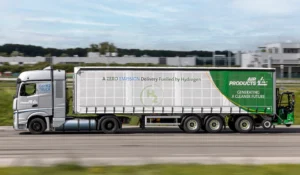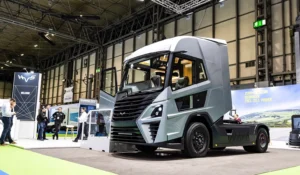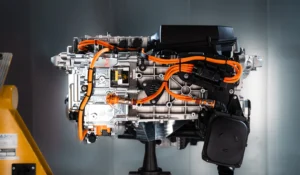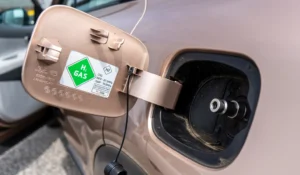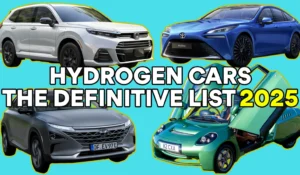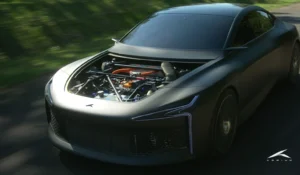Government key to making hydrogen ‘commercially viable’ – Toby Poston
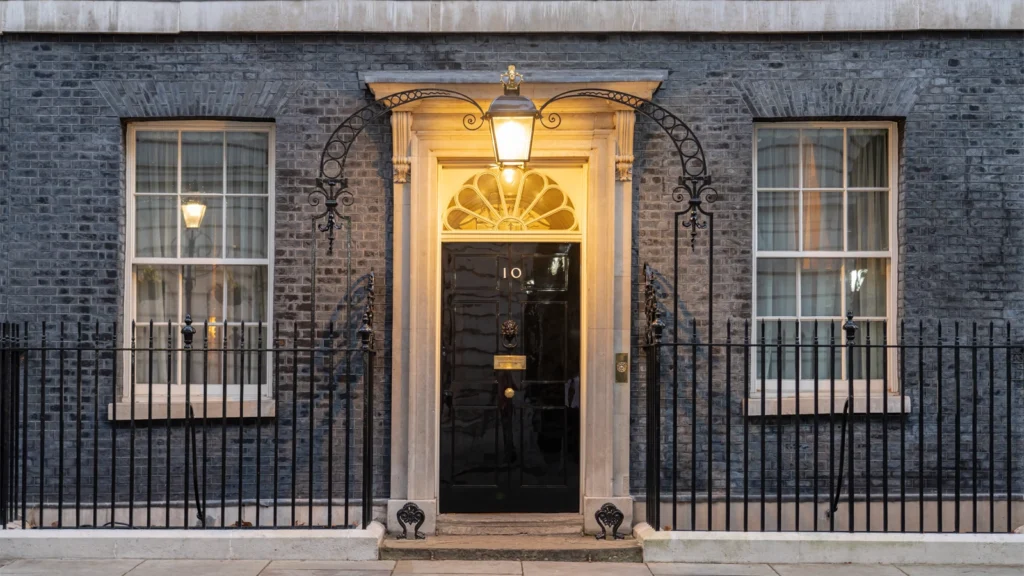
Rental and leasing expert Toby Poston says “government support is needed” if hydrogen is to become a “commercially-viable option for road transport”.
The Labour Party – led by Sir Keir Starmer – has announced a substantial £500m ($638m) investment in the green hydrogen sector.
This commitment is part of their broader strategy to transition the UK to renewable energy and achieve energy independence.
And Poston, Corporate Affairs Director at Venson partner the British Vehicle Rental and Leasing Association (BVRLA), told Venson’s white paper ‘The Big Hydrogen Question’: ”The BVRLA and its members are committed to meeting the road transport needs of society.
“As those demands evolve to require zero-emission solutions, a host of fuel types and technologies are emerging to achieve that.
“Hydrogen-powered vehicles present a promising solution.
“The technology is particularly suited for use cases with high power requirements, be that high mileage, a demand for on-board power, or the need to tow.
‘Chicken and egg’ dilemma
“Operators with those requirements are being held back by the lack of refuelling stations in the UK. This is causing demand to stall.
“Hydrogen is facing a similar ‘chicken and egg’ dilemma to that which undermined electric vehicles in the early days. Where it differs is that there is no ‘at-home’ solution that the early movers on EVs benefited from.
“Having a hydrogen vehicle without sufficient refuelling nearby immediately renders the vehicle useless.
“Confidence to commit to hydrogen-powered vehicles will grow rapidly once ground is routinely being broken to deliver a nationwide refuelling network.
“Either way, government support is needed in the early stages to make hydrogen a commercially-viable option for road transport.
Germany leading the way
“Other markets – including Germany – have presented ambitious plans to create national networks. They know that having a functional, visible refuelling infrastructure is the best way to convince buyers and operators to back a new technology.”
With such a wide range of use cases and bespoke needs across commercial vehicle operators, Poston says it is “vital that an equally broad selection of solutions is available”.
He added: “Vans are a good example of this, providing mobile workspaces or tool stores for millions of skilled professionals.
“They are indispensable to sectors of all shapes and sizes. In the transition away from traditional petrol- and diesel-powered vehicles, there is no such thing as a one size-fits-all solution.
“Each use case is different, the right vehicle for the job varies each time, sometimes within the same day.
“Consistency of performance is critical to an operator. They need to know that their vehicle will meet their needs all day, every day.
Interest in hydrogen ‘undoubtedly there’
“By avoiding ancillary apparatus or external equipment eating into the vehicle’s range, hydrogen-powered vehicles are close to being a ‘like for like’ switch with diesel.
“While electric vans are still finding their feet, hydrogen will need to become part of the landscape if it can meet needs that other fuel types cannot.
“Interest is undoubtedly there. Trials continue to be announced up and down the country.
“Each has a line of operators pushing to be involved. Those trials will demonstrate exactly where hydrogen offers a suitable, commercially-viable solution, which in turn will help to flick the switch on investment from private parties and government.
“One absolutely requires the other, just as the market is relying on hydrogen to join the party and offer a new zero-emission solution.”

